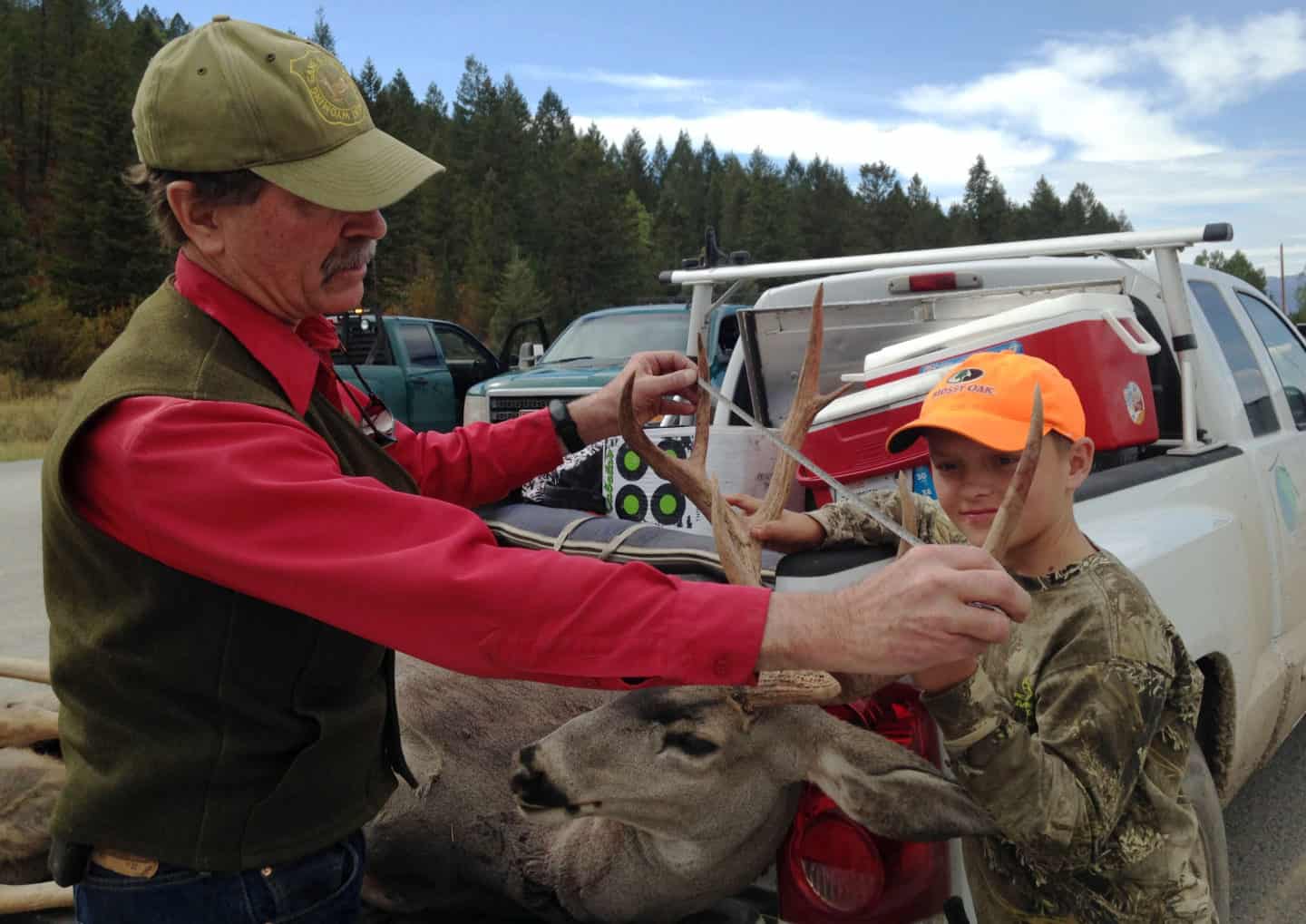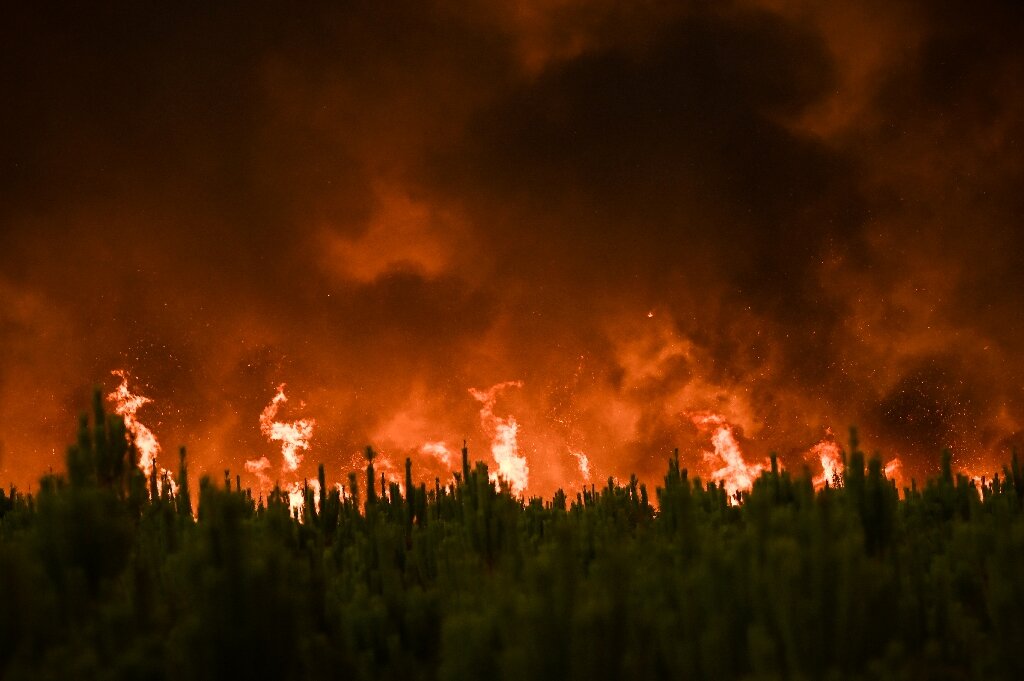Wyoming House Bill Returns Otter Management To Game And Fish

Table of Contents
Background of Otter Management in Wyoming Before the House Bill
Before the recent legislative change, otter management in Wyoming faced several challenges. The previous system, characterized by [Explain the previous system, e.g., a fragmented approach with multiple agencies involved], proved less efficient and coordinated than desired. This lack of central authority led to concerns about inconsistent regulations and potential gaps in conservation efforts. Key challenges included:
- Conflicting Jurisdictions: The responsibility for otter management was spread across multiple agencies, leading to inconsistencies in enforcement and conservation strategies.
- Insufficient Resources: Limited funding and personnel dedicated to otter conservation hampered effective monitoring and protection efforts.
- Lack of Comprehensive Data: Incomplete data on otter populations and habitat use hindered evidence-based management decisions.
These shortcomings raised serious concerns about the long-term health and viability of Wyoming's otter population, sparking calls for regulatory changes and a more unified approach to conservation.
Key Provisions of the Wyoming House Bill
The recently passed Wyoming House Bill represents a decisive shift in otter management policy. Its key provisions center on transferring the full authority for managing otter populations back to the Wyoming Game and Fish Department. This legislative action provides a much-needed framework for consistent and effective otter conservation. Key aspects of the bill include:
- Transfer of Authority: The bill explicitly transfers all authority for regulating and managing otters to the Wyoming Game and Fish Department. This includes setting hunting seasons (if any), establishing population goals, and overseeing habitat protection measures.
- Funding Allocation: The bill may include provisions for increased funding to support the Game and Fish Department's expanded responsibilities, ensuring they have the resources to implement effective conservation programs.
- Public Consultation: The bill may mandate public consultation and engagement in the development of future otter management plans.
The Role of the Wyoming Game and Fish Department in Otter Management
The Wyoming Game and Fish Department brings extensive expertise and experience in wildlife management to the task of overseeing otter populations. The department possesses a wealth of resources and a proven track record in managing various wildlife species across the state. Under the new House Bill, the department plans to:
- Enhance Population Monitoring: Implement robust monitoring programs to track otter populations, distribution, and habitat use. This will allow for data-driven decision-making and adaptive management strategies.
- Strengthen Habitat Protection: Develop and implement strategies to protect and restore crucial otter habitats, including riparian areas and wetlands.
- Foster Stakeholder Collaboration: Engage with various stakeholders, including landowners, recreational users, and other interested parties, to ensure effective and collaborative otter management.
Potential Impacts and Future of Otter Conservation in Wyoming
The long-term effects of this House Bill on Wyoming's otters and the broader ecosystem hold significant promise. By centralizing management under the Wyoming Game and Fish Department, we can expect:
- Improved Population Trends: More coordinated and effective conservation efforts should lead to healthier and more stable otter populations.
- Enhanced Habitat Protection: Targeted habitat restoration and protection initiatives will create more suitable environments for otters.
- Reduced Conflicts: A centralized approach should streamline communication and reduce potential conflicts between different stakeholders involved in otter management.
However, challenges remain. Securing adequate funding for conservation programs, addressing potential conflicts among stakeholders with different interests (e.g., ranchers, anglers), and adapting to unforeseen ecological changes will be crucial for the long-term success of otter conservation in Wyoming. The future of otter management depends on continued commitment, effective collaboration, and adaptive management strategies.
Conclusion: The Future of Otter Management Rests with the Wyoming Game and Fish Department
The passage of this Wyoming House Bill marks a turning point in the management of otters in the state. By returning the responsibility to the Wyoming Game and Fish Department, Wyoming takes a significant step towards ensuring the long-term health and sustainability of its otter populations. The department's expertise, coupled with increased resources and a unified approach, offers a promising path toward successful otter conservation. To learn more about Wyoming wildlife conservation and the ongoing efforts of the Game and Fish Department, visit their website [insert link here]. The future of otter population control and the preservation of Wyoming's unique wildlife heritage are now firmly in their capable hands.

Featured Posts
-
 Update Two Cows Loose In Lancaster County Park Search Continues
May 22, 2025
Update Two Cows Loose In Lancaster County Park Search Continues
May 22, 2025 -
 Selling Sunset Star Exposes Price Gouging By Landlords After La Fires
May 22, 2025
Selling Sunset Star Exposes Price Gouging By Landlords After La Fires
May 22, 2025 -
 Understanding The Name Peppa Pig Welcomes A New Family Member
May 22, 2025
Understanding The Name Peppa Pig Welcomes A New Family Member
May 22, 2025 -
 Manhattans Best Outdoor Restaurants A Guide To Alfresco Dining
May 22, 2025
Manhattans Best Outdoor Restaurants A Guide To Alfresco Dining
May 22, 2025 -
 Global Forest Loss A New Record Driven By Devastating Wildfires
May 22, 2025
Global Forest Loss A New Record Driven By Devastating Wildfires
May 22, 2025
